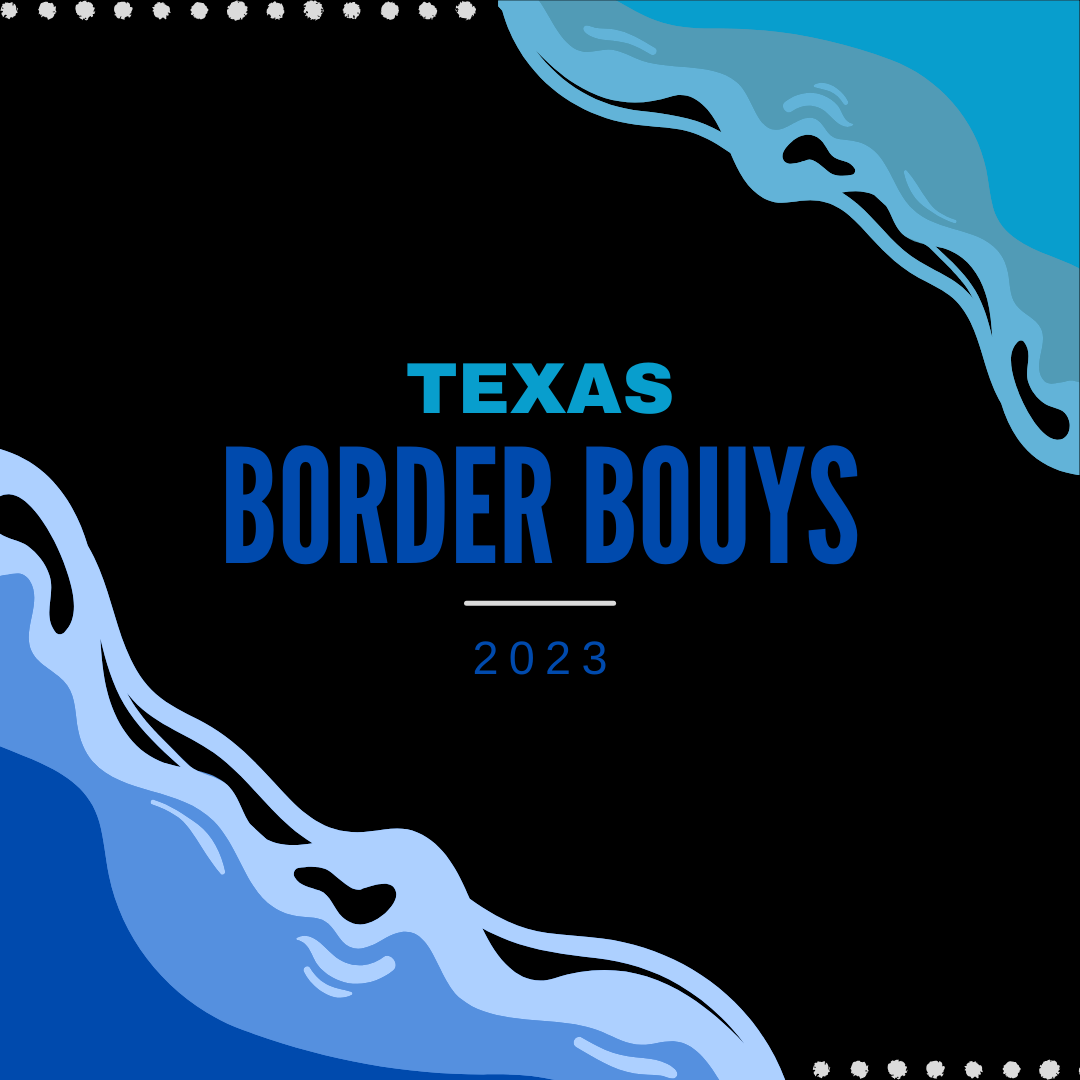Texas’ floating barrier in the Rio Grande River can stay in place according to a ruling by a Federal Appeals Court handed down on Sept. 7.
The floating barrier, that has saws separating sections, is granted to stay in place after a New Orleans based Federal Appeals Court halted the previous temporary injunction issued by Federal District Judge David A. Ezra by request of Gov. Greg Abbott.
“Our battle to defend Texas’ sovereign authority to protect lives from the chaos caused by President Biden’s open border policies has only begun,” Abbott said. “Texas is prepared to take this fight all the way to the U.S. Supreme Court.”
The United States Department of Justice has fought to remove the barriers from the Rio Grande. The Federal Government sued Texas earlier in the year on the grounds of the buoys violating the Rivers and Harbor Act. The ruling by Judge Ezra was praised by the Justice Department, but legal struggles will likely continue with the new appeals court ruling.
“We are pleased that the court ruled that the barrier was unlawful and irreparably harms diplomatic relations, public safety, navigation, and the operations of federal agency officials in and around the Rio Grande,” Associate Attorney General Vanita Gupta said.
The Department of Justice has also argued against the floating barrier because of concerns to do with the environment, safety and species in the Rio Grande. The Biden Administration has moved to label two species of mussel in the Rio Grande as “endangered,” in a decision that might halt the buoys.
“In making this proposed listing determination, the Service carefully assessed the status of the Rio Grande mussels, including the past, present and future threats that they face,” the U.S. Fish and Wildlife Service said.
The previous ruling by Judge Ezra argued that the state of Texas needed permission to use the floating barrier, and the federal government had the authority over immigration in the Rio Grande.
“Unfortunately for Texas, permission is exactly what federal law requires before installing obstructions in the nation’s navigable waters,” Judge Ezra said.
Categories:
Texas Border Buoys Update
Aidan Anderson, Writer
October 4, 2023
About the Contributor

Aidan Anderson, Editor
“My whole life is consistent” – Shai Gilgeous-Alexander

